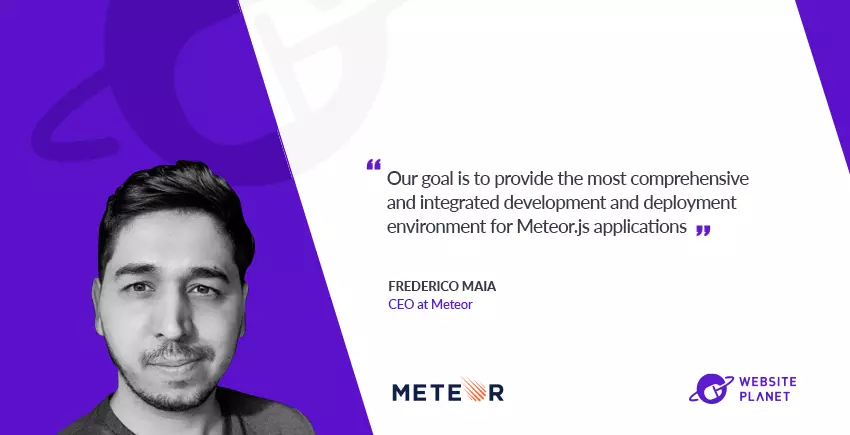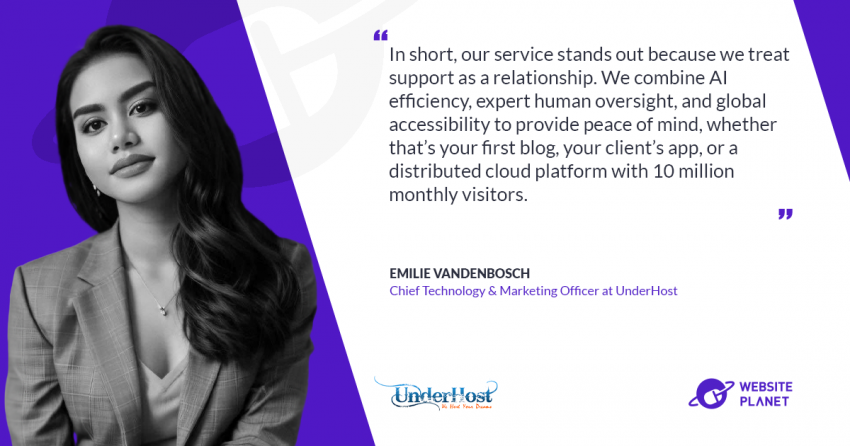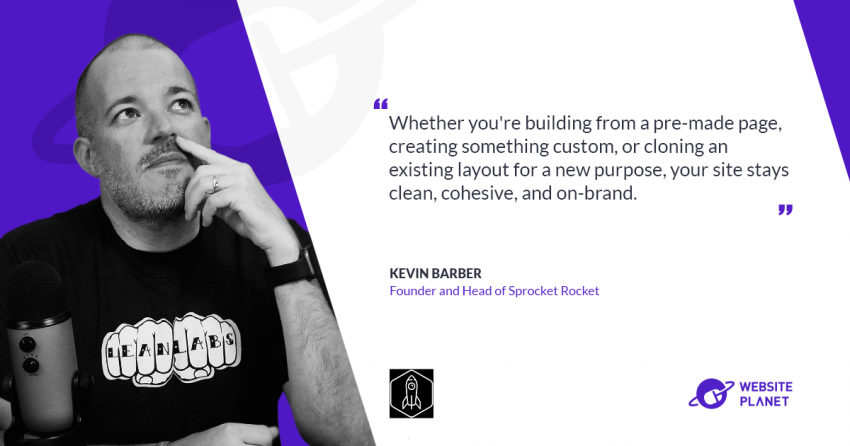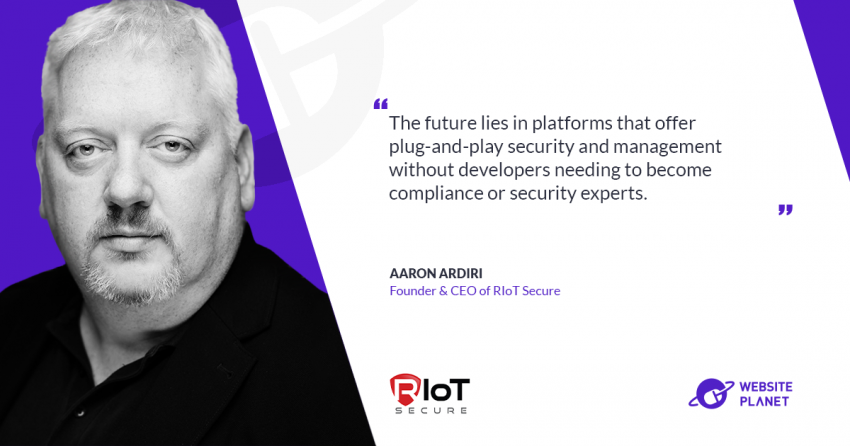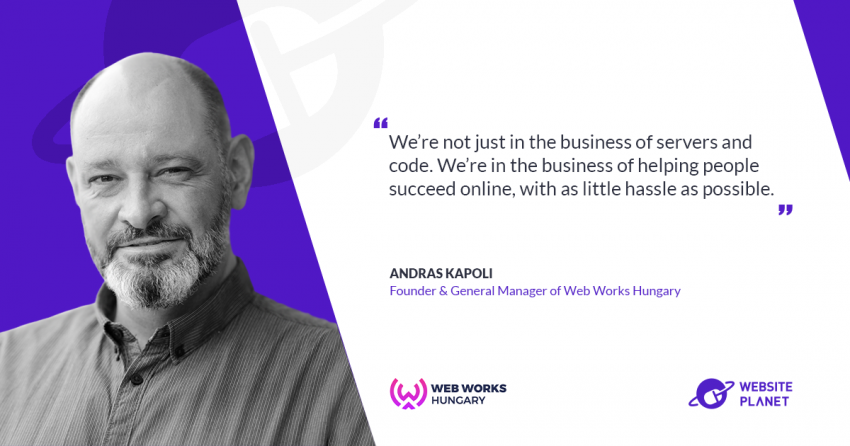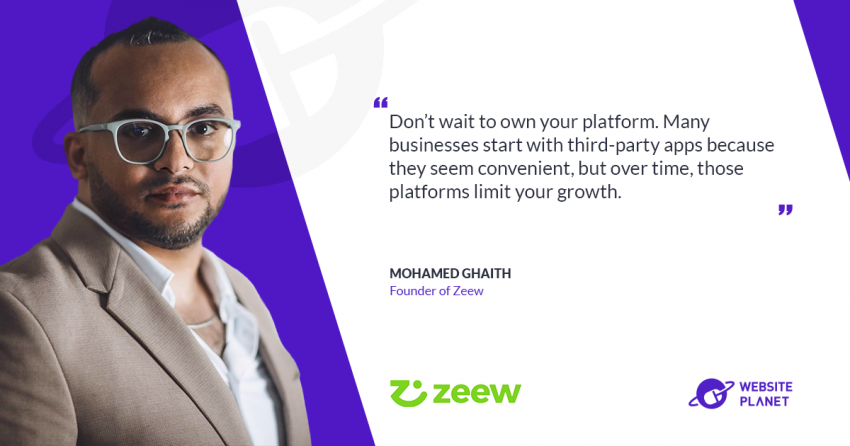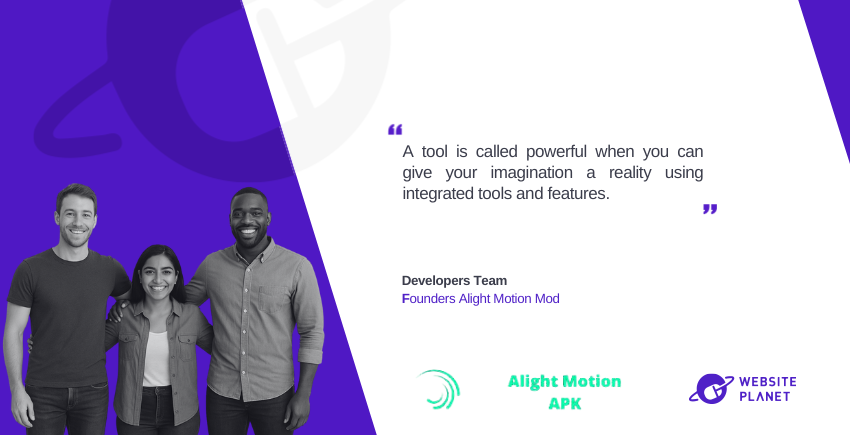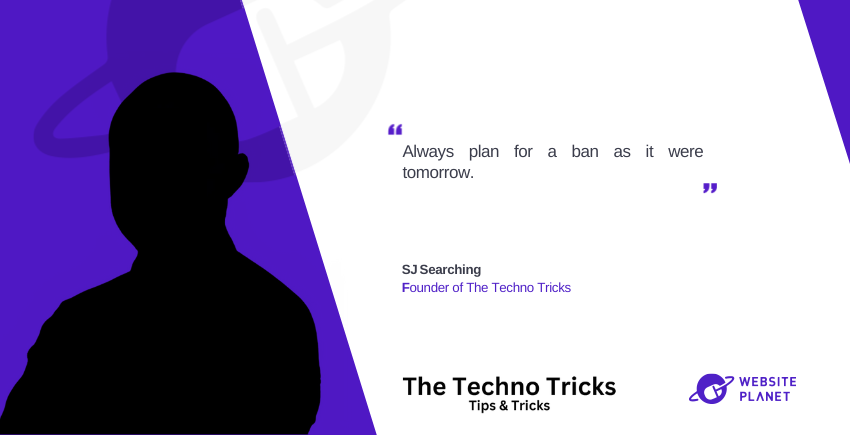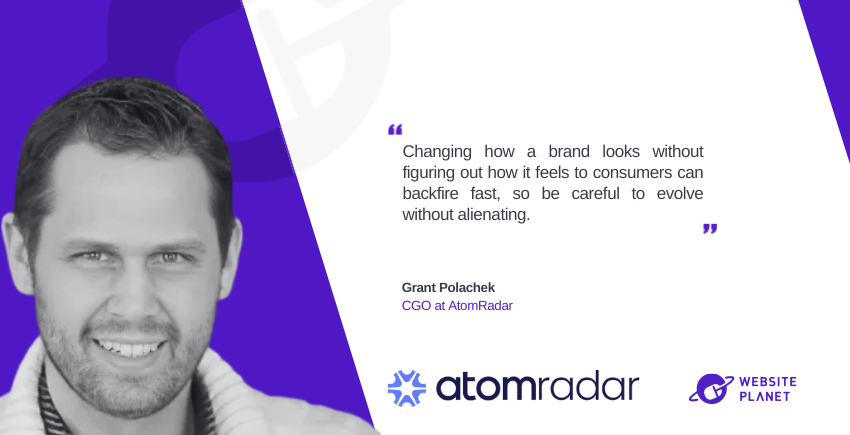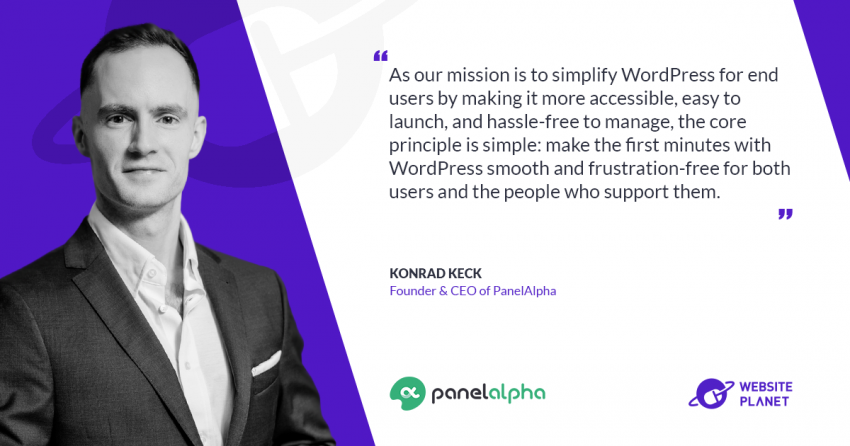Website Planet had the chance to sit down and chat with Frederico Maia, CEO of Meteor, a full-stack JavaScript platform for developing modern web and mobile applications. We discussed how Meteor started, the challenges they faced while growing the company, and got some his expert insights on the recent trends worth keeping an eye on.
What is Meteor and how does it work?
Meteor.js is an open-source full-stack JavaScript framework that allows developers to build real-time web applications more easily and efficiently. The core of Meteor is built on Node.js and MongoDB, which provide the server-side runtime environment and the database, respectively. Meteor uses DDP, a protocol based on WebSockets, to integrate with the client-side. It works with popular front-end frameworks like React, Svelte, Vue, and Blaze, which allows developers to create dynamic user interfaces that update in real-time as the data changes.
One of the key features of Meteor is its data synchronization system, which allows data to be automatically synced between the client and server in real-time. This means that
changes made on the server are immediately reflected in the client’s UI, and vice versa.
To run Meteor applications, you can use any server that supports Node.js. In that case, developers or DevOps engineers need to take care of all the required infrastructure. The option we recommend is to use Meteor Cloud. Meteor Cloud saves you time and money by effectively reducing DevOps expenses to zero, all with the peace of mind that your app is hosted with the team behind Meteor.js. The only hosting solution built with Meteor.js in mind with features such as Push to Deploy, Auto Scaling, Meteor APM, and SEO Optimization.
What sparked the idea, and what have you achieved so far?
Meteor.js was initially created by MDG (Meteor Development Group). They recognized the need for a framework that made it easier to build real-time web applications, which were becoming increasingly popular at the time. They saw that existing frameworks did not provide the level of integration between the front-end and back-end that was necessary for real-time applications, so they set out to create a new framework that did.
Since its initial release in 2012, Meteor has gained a large and active community of developers and has been used to build many popular real-time web applications. Some notable companies and applications built with Meteor include CodeSignal, Lemlist, and Rocket.chat.
In addition, Meteor has continued to evolve and improve over the years, with regular updates and new features being added to the framework. The team behind Meteor has also created tools and services, such as Galaxy, for managing and deploying Meteor applications, Meteor APM for monitoring, and Atmosphere, a powerful package manager for Meteor applications.
Meteor has achieved significant success in the web development community and has become a popular choice for building real-time web applications. With the launch of Galaxy, part of Meteor Cloud, we started offering a complete platform for developers.
How does your mission differ from the other companies in your niche?
At Meteor Software, our mission is to provide developers with the best tools and services for building real-time web applications. Our goal is to
provide the most comprehensive and integrated development and deployment environment for Meteor.js applications.
Unlike other companies in our niche, we are deeply invested in the success of the Meteor.js ecosystem, and we are committed to contributing to its growth and development over the long term. We are constantly working to improve our products and services and to create new tools and features that make it easier for developers to build and ship real products.
Who are your typical users and what problems do they have when they come to you?
Our typical users are web developers looking to build collaborative web applications such as Planable and Pitchly, chat applications such as Chatra and Rocket.chat, and internal administrative apps such as Qualia and MaestroQA. These developers come from a wide range of backgrounds and industries and may be working on projects ranging from small prototypes to large-scale enterprise applications.
Building real-time features is one of the biggest challenges developers face when building those types of web applications. Real-time applications often require multiple components to work together seamlessly, including the front-end, back-end, and data synchronization layer. This can make the development process more complex and error-prone, as developers must ensure that all components are integrated properly and working together as expected.
Another common challenge that our users face is deploying and scaling their applications. Deploying and managing a real-time web application can be complex and time-consuming, especially as the application grows in size and complexity. Meteor Cloud, our hosting and deployment solution, simplifies this process by providing an easy-to-use platform for deploying and scaling Meteor applications.
And What makes them eventually choose you over your competitors?
Several factors make developers choose Meteor over our competitors. We offer a complete development environment that includes a framework, development tools, hosting, and deployment services. Our team of developers and support staff have extensive experience with Meteor. We can provide expert guidance and support to our customers, helping them overcome challenges and achieve their goals.
Meteor is part of a large and loyal community of developers that provides a wealth of resources, tutorials, and support. And we are committed to creating fresh content with our
Meteor University initiatives and with the help of the community with the
Meteor Ambassadors. Additionally, Meteor has a number of complementary tools such as the Meteor Devtools Evolved, a Chrome extension that allows you to understand how your application is working behind the scenes, and a Visual Studio Code extension which makes developers a lot more productive when coding Meteor apps.
What integrations and other tools are your customers mostly using in combination with Meteor?
Meteor.js is a highly flexible framework. Developers are not limited to MongoDB, they can use any database they want, such as Postgres or MySQL (which has a package that supports real-time). They can build REST or GraphQL APIs and mobile apps with Cordova, React Native, or Flutter. That said, the most popular integrations are:
- React: a popular front-end library for building user interfaces. Many developers use Meteor.js in combination with React to create real-time web applications with dynamic and responsive user interfaces.
- GraphQL: a query language for APIs that enables more efficient and flexible data fetching. Many of our users use GraphQL in combination with Meteor.js to build their apps.
- MongoDB: a NoSQL database commonly used with Meteor. Meteor includes native support for MongoDB, which makes it easy to build applications that use MongoDB as their data store.
- Redis: a popular tool used to improve the scalability and performance of real-time web applications. Redis is an in-memory data store that can be used as a caching layer, allowing developers to reduce the load on the main database and improve the speed of data access.
At Meteor Software, we know that integrations are crucial to the success of any project. We’ve heard from many of our clients about the importance of native support for MongoDB and Redis in Meteor Cloud. That’s why we’re excited to announce that adding native support for MongoDB and Redis in Meteor Cloud is one of our key goals for 2023. With that, developers will be able to create a complete environment for their applications in a matter of minutes without the need for complex configuration or setup.
Is there a success story from your customers that you are particularly proud of?
Qualia is a great success story of a company that has leveraged the power of Meteor.js to build a successful real-time web application. Qualia is the real estate and mortgage industry’s leading digital closing platform, and it became a Tech Unicorn in 2020.
Qualia uses Meteor.js as the foundation of its real-time communication and collaboration platform, allowing all parties involved in a real estate transaction to work together. By using Meteor.js, Qualia is able to provide a seamless and efficient user experience, with data and updates instantly synced between all parties involved. Qualia’s success is a testament to the power of real-time web applications and the benefits of using a framework like Meteor.js to build them.
What do you see in the future of your industry, and how do you plan to cope?
We see a growing trend towards full-stack frameworks in the web development industry. This is, in part, a reaction to the growing complexity and fragmentation of modern web development, which has led to a proliferation of specialized tools and technologies that can be difficult to integrate and manage. More than often, Meteor is referenced by developers that realize that Meteor has used many 2023 trends since its creation, such as RPC and isomorphic code.
To meet the evolving needs of our customers and the industry, we plan to continue investing in the development of Meteor.js and its ecosystem. This includes improving the performance, scalability, and flexibility of the framework, as well as adding new features and integrations that make it even easier for developers to build applications. After the launch of Meteor 3.0 with Node.js 18, we will be able to move our investments toward Developer Experience.
Another important aspect of our strategy is to provide comprehensive support and guidance to developers at every stage of the development and deployment process. This includes providing a range of documentation, tutorials, and training resources to help developers learn and master Meteor.js.
We believe that the future of the software development industry is bright, and we’re excited to be a part of it. By providing the best possible tools and services, we’re confident that we can continue to meet the evolving needs of our customers and help them achieve their goals and succeed in their businesses.
